A group of former Siri engineers have begun work on a next-generation digital assistant that they say will outsmart any of the current offerings, but some of the goals they claim to be working on have already been reached by Apple's own voice-driven personal assistant.
The crew's latest project, called "Viv," was unveiled on Tuesday in a new profile from Wired. Viv is variously referred to throughout the piece as a "radical new AI" and "potentially very big," with company cofounder Adam Cheyer going so far as to say that his goal is to "fundamentally change the way software is built."
Cheyer, along with partners Doug Kittlaus and Chris Brigham, boast the pedigree to back up their assertions. The three are credited for the invention of Siri as we know it today, following its separation from research firm SRI International, who developed its language processing capabilities for the Department of Defense's research arm.
They sold Siri to Apple in 2010, and eventually left the Cupertino giant one-by-one after Siri's debut in the iPhone 4S. After getting back together two years ago, they brought in a number of artificial intelligence experts — including researcher Mark Gabel from the University of Texas at Dallas and IBM's David Gondek, who worked on Big Blue's Watson.
Despite the lofty goals, what Viv actually seems to be is a kind of "Siri expansion pack." Where Siri represented a revolutionary step in natural language processing, Viv appears at first blush to be more evolutionary.
Rather than conceptually redefining artificial intelligence, as is suggested, Viv instead logically blends together an enormous number of backend services — one example has the system mingle ingredient lists with wine pairing databases, point-of-interest data, retail catalogs and routing information to tell the user where he can pick up a cheap bottle of wine that goes well with lasagna on the way to his brother's house.
Such a feat is impressive, to be sure. Former Google Now product chief Vishal Sharma was said to be "blown away" by the pasta-centric demonstration, saying that he didn't "know any system in the world that could answer a question like that."
Another example, given by Kittlaus, leaves a slightly different impression.
"Google Now has a huge knowledge graph— you can ask questions like 'Where was Abraham Lincoln born?' And it can name the city," Kittlaus said. "You can also say, 'What is the population?' of a city and it'll bring up a chart and answer. But you cannot say, 'What is the population of the city where Abraham Lincoln was born?'"
Google Now may not be able to answer that question, but Apple's Siri already can. Thanks to integration with Wolfram Research's Wolfram Alpha computational knowledge engine, Siri promptly informs users that the population of Lincoln's hometown of Hodgenville, Kentucky was approximately 3,232 people as of 2012.
Apple is also moving rapidly to enhance Siri. Since its introduction, the digital assistant has added deeper integration with iPhone and iPad hardware, and will gain real-time voice recognition and song identification functionality in the forthcoming iOS 8.
Even Viv's backers are cautious of its future prospects. "Many things can go wrong, but I would like to see something like this exist," Sharma added.
"Viv is potentially very big, but it's all still potential," said Siri funder Gary Morgenthaler, before adding that he has "very high confidence" that the Viv team can pull it off. "I only have doubt as to when and how."
 Sam Oliver
Sam Oliver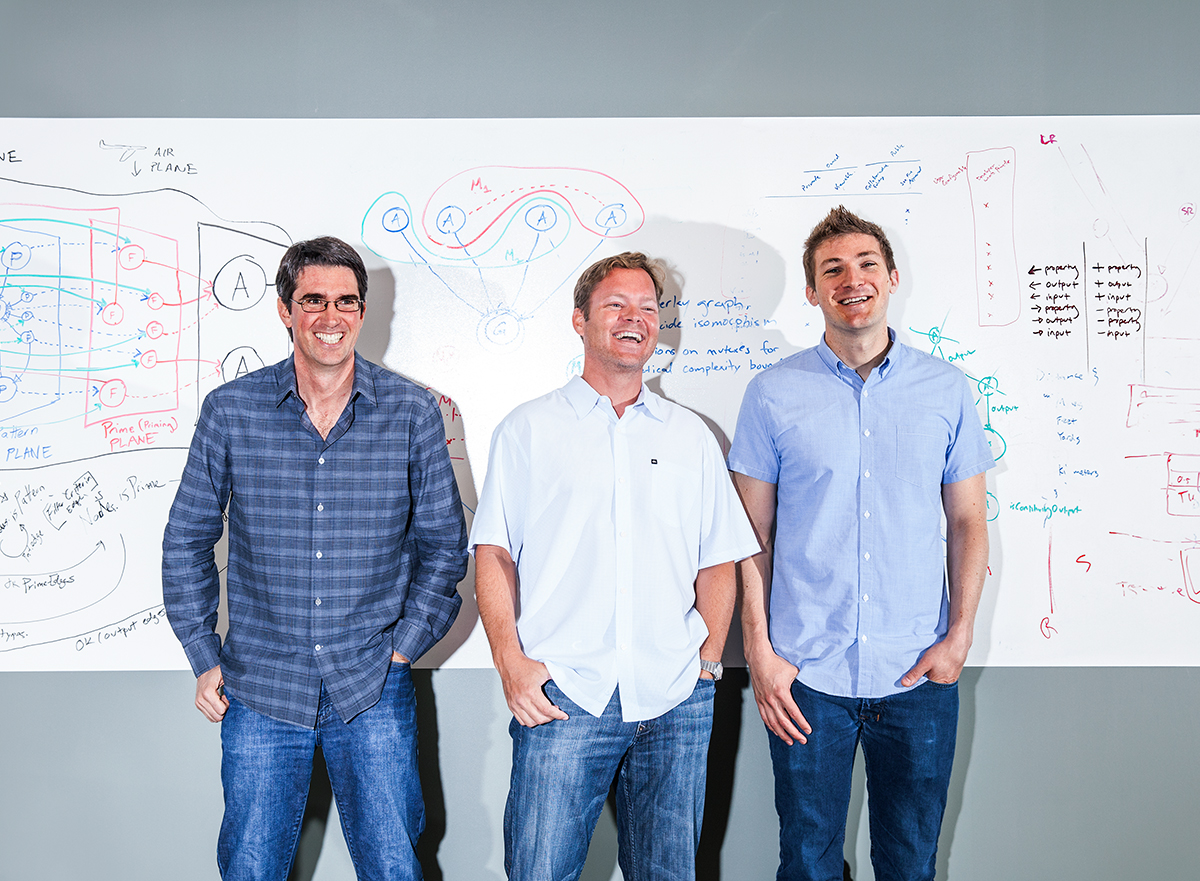
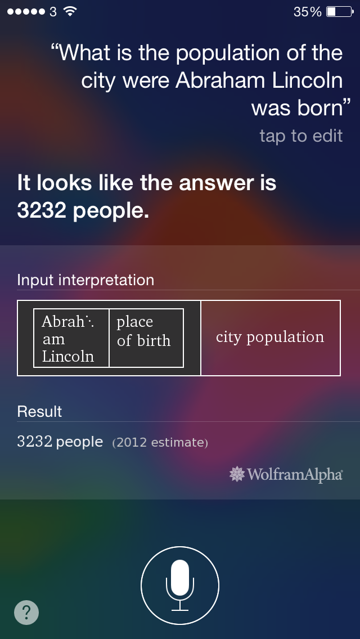

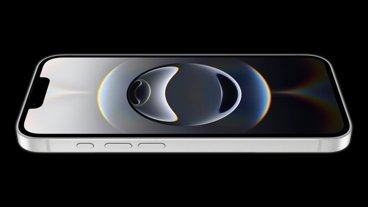

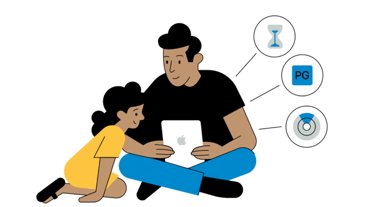



-m.jpg)






 Marko Zivkovic
Marko Zivkovic
 William Gallagher
William Gallagher
 Amber Neely
Amber Neely
 Sponsored Content
Sponsored Content
 Christine McKee
Christine McKee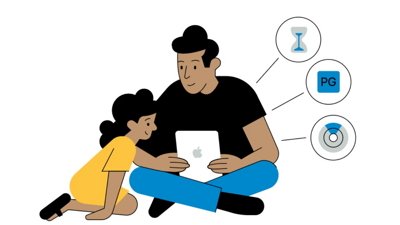
 William Gallagher and Mike Wuerthele
William Gallagher and Mike Wuerthele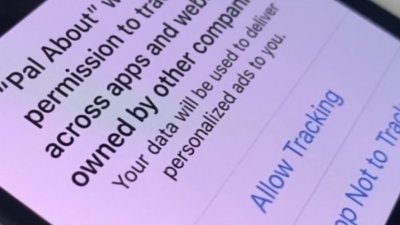
 Malcolm Owen
Malcolm Owen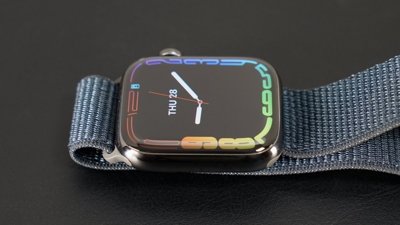


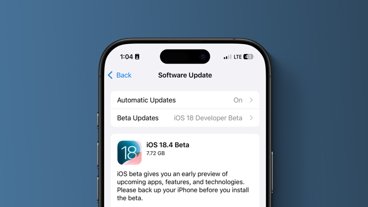





26 Comments
You forgot the last part of the sentence " ........already answers, badly ! " Siri is still a Work in Progress. Google has this voice recognition angle nailed at the moment, I'm afraid. Siri is a distant second.
I don't see what the problem with Siri is. Over 90% of the time she gets exactly what I mean the first time. Already I am able to respond to messages, respond to emails, lookup locations of interest, and find out my sport scores with extremely accurate results. Yes, sometimes my results end up wrong (sometimes humorously wrong to boot), but that is the exception, not the norm that many people are claiming.
At first, she was near worthless. But the more I have used Siri, the more accurate she becomes.
That said, she still can grow by leaps and bounds. Especially with the recent IBM deal. It would be very exciting if they could combine the current voice recognition (and improvements on it) of Siri, and combine that with the cognitive database of Watson. That would be very exciting!
Not when they are compared side by side. Siri always comes out on top over all.
You forgot the last part of the sentence " ........already answers, badly ! " Siri is still a Work in Progress. Google has this voice recognition angle nailed at the moment, I'm afraid. Siri is a distant second.
And how can you back up that statement, Banyan? You work for google, and are paid by them to talk like this.
I don't see what the problem with Siri is. Over 90% of the time she gets exactly what I mean the first time. Already I am able to respond to messages, respond to emails, lookup locations of interest, and find out my sport scores with extremely accurate results. Yes, sometimes my results end up wrong (sometimes humorously wrong to boot), but that is the exception, not the norm that many people are claiming.
At first, she was near worthless. But the more I have used Siri, the more accurate she becomes.
That said, she still can grow by leaps and bounds. Especially with the recent IBM deal. It would be very exciting if they could combine the current voice recognition (and improvements on it) of Siri, and combine that with the cognitive database of Watson. That would be very exciting!
One problem is how Siri handles that (very appoximate) 10%. Siri seems to stubborly stick with its first (incorrect) answer no matter how you rephrase the question.